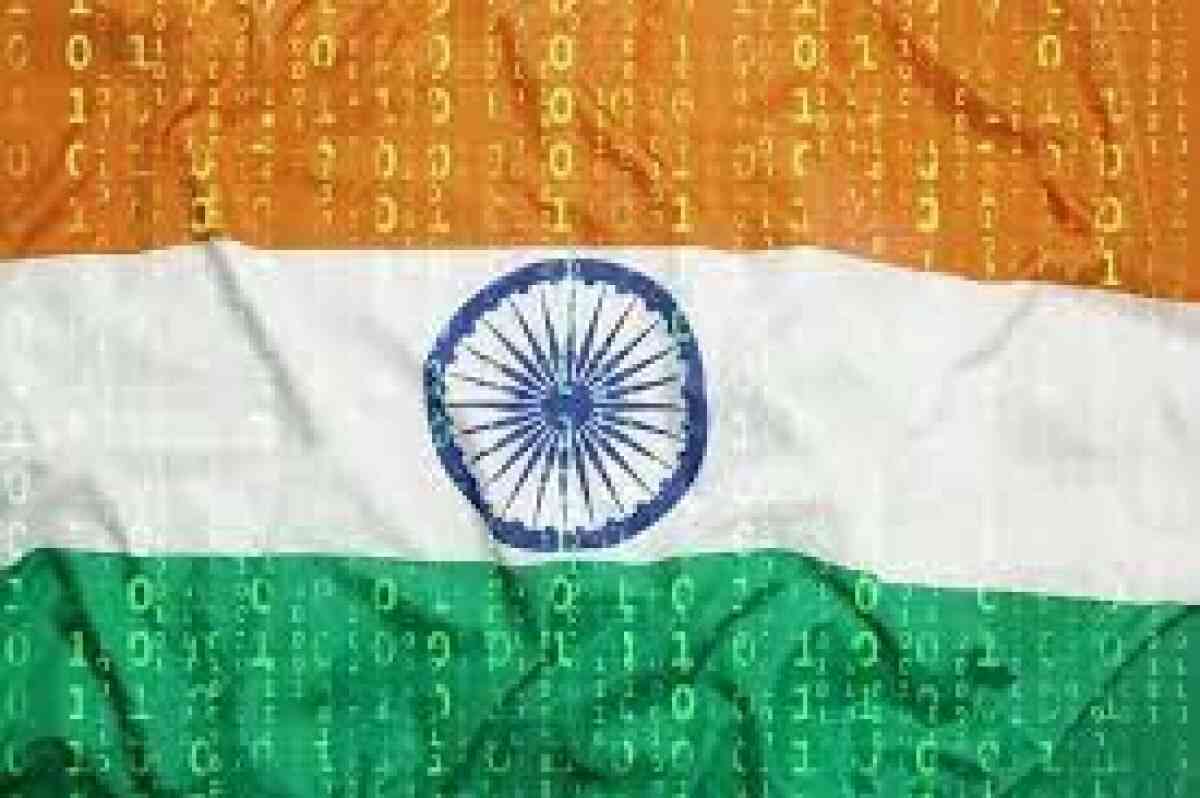Why The Government’s Data Protection Bill Met With Opposition
- - Category: Civil Rights
- - 18 Aug, 2022
- - Views: 479
- Save

How will India protect its citizens’ data
The Indian government recently withdrew the Personal Data Protection Bill and stated that it is trying to come up with a more “comprehensive legal framework” to tackle the challenges. It came after the proposed legislation has been in the works for nearly four years and faced strong pushback from certain quarters, including big tech companies.
The development has elicited mixed reactions, with those opposing the bill seemingly happy for now. Others have pointed out that a data protection bill is the need of the hour for a country like India. But why is data protection so important? Why was the bill withdrawn from Parliament?
In this ETPlay podcast titled ‘How will India protect its citizens’ data?’, host Anirban Chowdhury discusses these issues in detail. He is in conversation with Surabhi Agarwal, ET’s tech editor, Amar Patnaik, MP, and member of the Joint Parliamentary Committee on the bill, and Prateek Waghre, policy director at Internet Freedom Foundation.
The need for data protection
As per estimates, India currently has 700 billion Internet users, with the number expected to rise to 900 million by 2055. Today, almost 346 million Indians carry out digital transactions online. The numbers are only likely to rise, with internet penetration improving in rural areas and data prices becoming more affordable. The pandemic has accentuated a boom in digital activities, e-commerce, education and health.
The downside of this transition to a digital ecosystem is that our privacy is often at stake. As the popular saying goes, data is the new oil. The frequent reports of big data breaches tell us how valued data can be. As per a recent report from a Netherlands-based virtual private network provider, India faced the second-highest number of data breaches in the world between January and June this year. It shows why India badly needs a data protection law right now.
Why the proposed legislation faced hurdles?
Though the data protection bill has been in the making for quite some time now, it ran into stormy weather after the government expanded its scope to include things other than data protection. A joint parliamentary committee reviewing the bill suggested that social media companies should be considered to be publishers, and thus responsible for the content on their platforms.
The other point of contention was data localisation—a proposal that big tech companies like Google and Facebook, which had their operations in India, will have to set up data centres within India to store and process information of their users. The proposal was met with strict opposition from the tech giants.
The bill ultimately had 81 amendments and several notes of dissent. It became necessary to rewrite the proposed legislation.
The road ahead
The fact remains that most countries now have strong data protection legislation and such a law is the need of the hour in India. One contentious clause in the bill was the proposal that government agencies will be exempted from the purview of this law. It was a clause that met with stiff opposition. Experts feel that the government must re-examine it. The data protection authority in the country needs to be an independent body.
Experts also feel that the government must take time to examine the clauses that met with opposition and come up with a significantly improved bill. Though it takes time in the making, it will perhaps be worth the wait.
For more interesting news updates and in-depth discussions on current affairs, log on to ET Play now and get listening!

